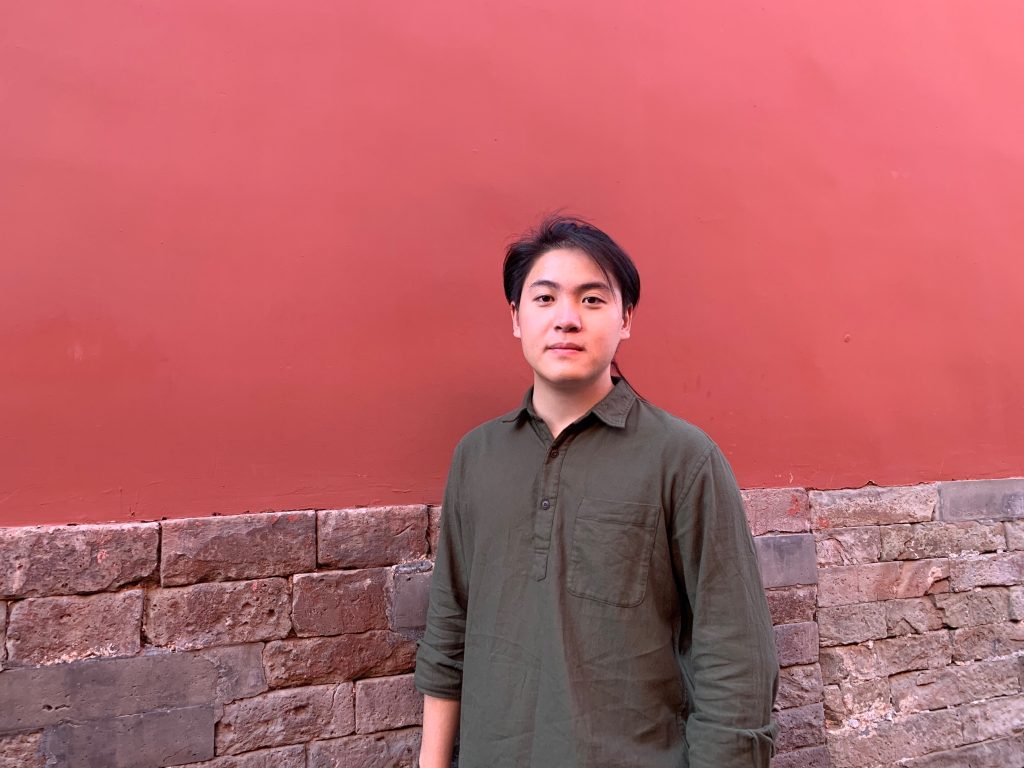Dean’s Undergraduate Research Award (DURA) recipient Zhikang Xie conducted research with materials housed at the George Peabody Library and John Work Garret Library to analyze the evolution of late Victorian British imperialism. He studied academic writings and memoirs to produce an academic paper about the Taiping Heavenly Kingdoms.
Xie reflects on his DURA research experience:
How was the understanding of masculinity and heroism transformed in late-Victorian Britain as the empire expanded dramatically? How did imperial encounters with the “Others” associated with the Taiping Rebellion contribute to this unique cultural development? These are key questions in my mind when I started to work on my senior thesis for the History Department, as a recipient of a Dean’s Undergraduate Research Award (DURA). During the fall of 2023 and the spring of 2024, I utilized the abundant manuscript and newspaper resources in Special Collections to study British writings on Charles George Gordon and the Taiping Rebellion from 1850s to 1880s. This research experience deepened my understanding on the ideal of man, imperialism, and perceptions of “Others” in Late-Victorian Britain. It was a period of rapid technological developments and imperial expansions, as the empire was able to obtain a flood of information about its colonial activities in a global context.
Engagement with Special Collections materials helped me to develop a concrete research argument for the thesis chapter. At the beginning, I was sure that I would like to study the Taiping Rebellion and Charles Gordon in Late-Victorian Britain. Recognizing the wide temporal range covered in the paper, I realized that I must dive in the ocean of primary sources and allowed the sources to guide me. Thanks to rich resources in Special Collections and online databases, I was immersed in a wide range of Late-Victorian writings and specifically used three types of sources available in the George Peabody Library: monographs, newspaper reports and magazine articles.
I first explored the vibrant and diverse accounts of the Taiping Rebellion that flourished in English publication during the wartime in the 1850s and early 60s. I analyzed three key interpretative works by London-based writers, retrospective works produced by British officials served in China, and British travelers’ accounts, including The Chinese Revolution: With Details of the Habits, Manners, and Customs of China and the Chinese by Charles MacFarlane and The Chinese and Their Rebellions, Viewed in Connection with Their National Philosophy, Ethics, Legislation, and Administration by Thomas Taylor Meadows, and The Ever-victorious Army a History of the Chinese Campaign Under Lt-Col C. G. Gordon, CB, RE, and of the Suppression of the Tai-Ping Rebellion by Andrew Wilson. I also used The Illustrated London News collections and the Illustrated London News Historical Archive, 1842-2003 to examined illustrated accounts on the Taipings. Then, I studied the magazine articles by Thomas Gibson Bowles and William Thomas Stead in the 1880 which championed Gordon’s campaign against the Taipings while the image of Taiping was severely oversimplified.
This research crystalized in one chapter of my senior thesis which explores the relations between the lionization of Charles Gordon and the narration of the Taipings. I argue that Gordon was depicted as an imperial figure with modesty, self-restraint, and military excellence in the 1880s when British understanding of masculinity was in a transitional process. I also argue that representations of the Taiping Rebellion were significantly simplified in this process. Compared to the diverse and detailed accounts on its religious, political, and military aspects in the 1850s and ‘60s, it was reduced into a back scene of Gordon’s heroic stories in the early 1880s. Throughout the research experiences, I found the important role played by the modern journalism in shaping public opinion and cultural perceptions on masculinity and imperialism. By selectively reporting the events, journalists were able to lionize certain imperial figures in the global context of British expansion to advance certain political agendas.
I would like to thank Professor Katie Hindmarch-Watson and Professor Tobie Meyer-Fong for their mentorships on Late-Victorian British society and the Taiping Rebellion. I would like to thank Professor Victoria Harms and Professor François Furstenberg for their help in managing this project.

